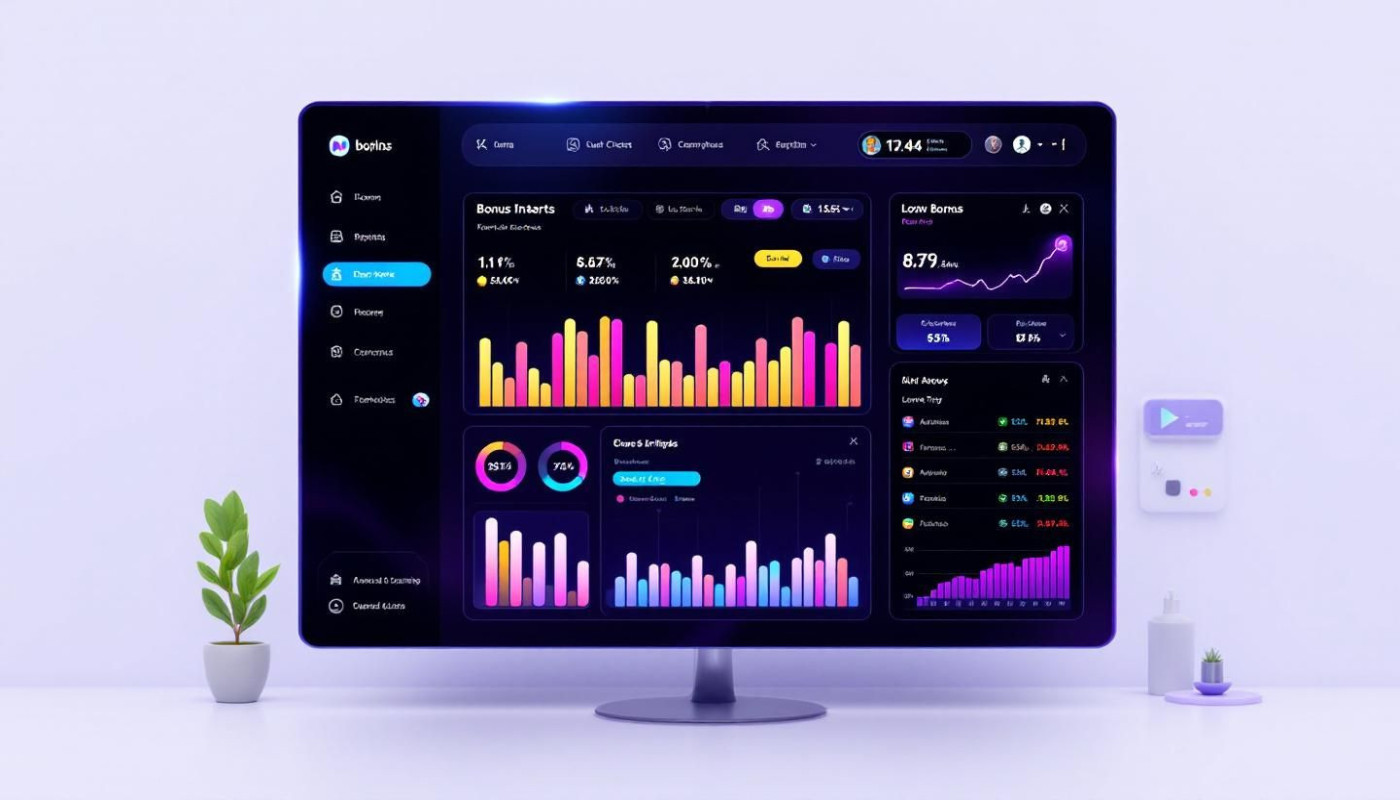Table of contents
In recent years, the digital entertainment landscape has experienced a dramatic transformation, with online casino and sports betting platforms emerging as dominant players. These platforms are rapidly reshaping how enthusiasts engage with games of chance and sports wagering, offering unprecedented convenience and accessibility. For those intrigued by the forces driving this phenomenon and the impact it's having on society, the insights that follow will shed light on the essential dynamics fueling this evolution.
Understanding market growth drivers
The rapid expansion of the digital gambling industry can be attributed to several intertwined factors reshaping the landscape of online casino and sports betting platforms. Technological advancements have played a pivotal role, particularly the evolution of mobile optimization, which allows users to enjoy seamless mobile wagering experiences from virtually anywhere. This convenience has accelerated internet betting expansion, attracting a wider and more diverse audience. Simultaneously, online betting trends show that regulatory changes in various jurisdictions have created clearer frameworks, encouraging established operators and new entrants to invest in casino platform growth. The shift in consumer preferences toward digital entertainment and instant access to betting opportunities also fuels this momentum, as modern bettors expect engaging, secure, and user-friendly interfaces. The interplay between these innovations and escalating market demand continues to drive the popularity and profitability of online gambling, positioning the sector for sustained growth in the years ahead.
The role of technology
Technological innovation has completely reshaped the landscape of online casino and sports betting platforms, transforming user experiences and operational efficiency. At the forefront, tech in gambling has brought about seamless mobile accessibility, enabling users to participate in games and place bets from virtually anywhere. The adoption of AI betting platforms has elevated personalization and responsible gaming by analyzing player behavior, predicting trends, and automating customer support. Another notable advancement is the use of live dealer technology, which streams real-time table games with professional dealers, blending the authenticity of physical casinos with the convenience of online play. Virtual reality enhancements create immersive environments, placing users at the center of interactive casino action. In the realm of transactions, secure online casinos are now leveraging end-to-end encryption and advanced authentication methods to protect player data and funds. The emergence of blockchain gambling introduces blockchain integration, a decentralized ledger system that fosters transparency, fairness, and verifiable outcomes, while also allowing for fast, secure, and often anonymous payments. Live streaming for sports betting platforms delivers real-time game coverage, letting players make informed, dynamic wagers as events unfold. Collectively, these technological breakthroughs are driving the rapid expansion and credibility of the online gambling industry.
Regulatory landscapes evolving
The global landscape of gambling regulations online is experiencing rapid transformation as governments adapt to the digital shift in casino and sports betting activities. Across Europe, jurisdictions like the United Kingdom have established rigorous licensing frameworks, emphasizing bettor protection and strict betting site compliance. Meanwhile, countries such as Germany have recently overhauled their iGaming legislation, introducing unified standards for legal casino operations that prioritize transparency and responsible gambling measures. In Asia, regulatory changes gambling are underway, with some nations moving to legalize and monitor online platforms, while others impose outright bans or heavy restrictions. North America presents a patchwork of legal casino operations; for example, several U.S. states continue to update their regulatory changes gambling to accommodate both online casinos and sportsbooks, although this progress is often state-specific. The ability to navigate these evolving licensing frameworks is fundamental for operators seeking to maintain betting site compliance and operate within legal boundaries. An interesting case study of platform adaptation and compliance in diverse jurisdictions can be observed through the example of marvelbet 888, which demonstrates the impact of global iGaming legislation on operational strategies. For a comprehensive understanding of regulatory environments in online gaming, legal experts specializing in gaming law often analyze how platforms adjust policies and implement technology to ensure ongoing adherence to new and existing laws.
Changing consumer behaviors
Modern online gambling habits are shifting rapidly due to evolving expectations and technological advancements. As digital lifestyles become more prominent, there is a growing mobile betting preference, with users seeking seamless access to games and bets from any location at any time. This demand for convenience drives platforms to optimize for smartphones and tablets, offering intuitive interfaces and quick-loading options. In parallel, a personalized casino experience is now a primary factor shaping platform development. Data-driven customization, such as tailored promotions, individualized game recommendations, and adaptive interfaces, enhances user satisfaction and loyalty. Player engagement platforms are leveraging these insights, integrating features like social leaderboards, chat functions, and real-time tournaments to foster community and interaction. A key trend, gamification in betting, introduces elements such as achievements, missions, and badges, blurring the lines between traditional gaming and gambling. These features not only maintain player interest but also encourage longer engagement sessions, reflecting a deeper understanding of behavioral motivators in digital entertainment.
Future outlook and innovations
The future of online betting promises rapid transformation as casino technology innovations and sports betting trends evolve alongside consumer demands. Predictive analytics gambling is set to redefine user experience, offering tailored recommendations and dynamic odds adjustments using real-time data. Artificial intelligence will likely play a central role in fraud detection, player profiling, and risk management, while augmented and virtual reality may create truly immersive gaming environments. The digital gambling forecast suggests expanding global markets, driven by regulatory changes and the adoption of cryptocurrencies, which facilitate secure and anonymous transactions. Cross-platform integration will allow seamless gameplay across devices, while social gaming features are expected to foster community engagement. As emerging markets open and mobile connectivity improves, operators are poised to leverage these advancements, ensuring the industry remains at the cutting edge of entertainment and technology.























